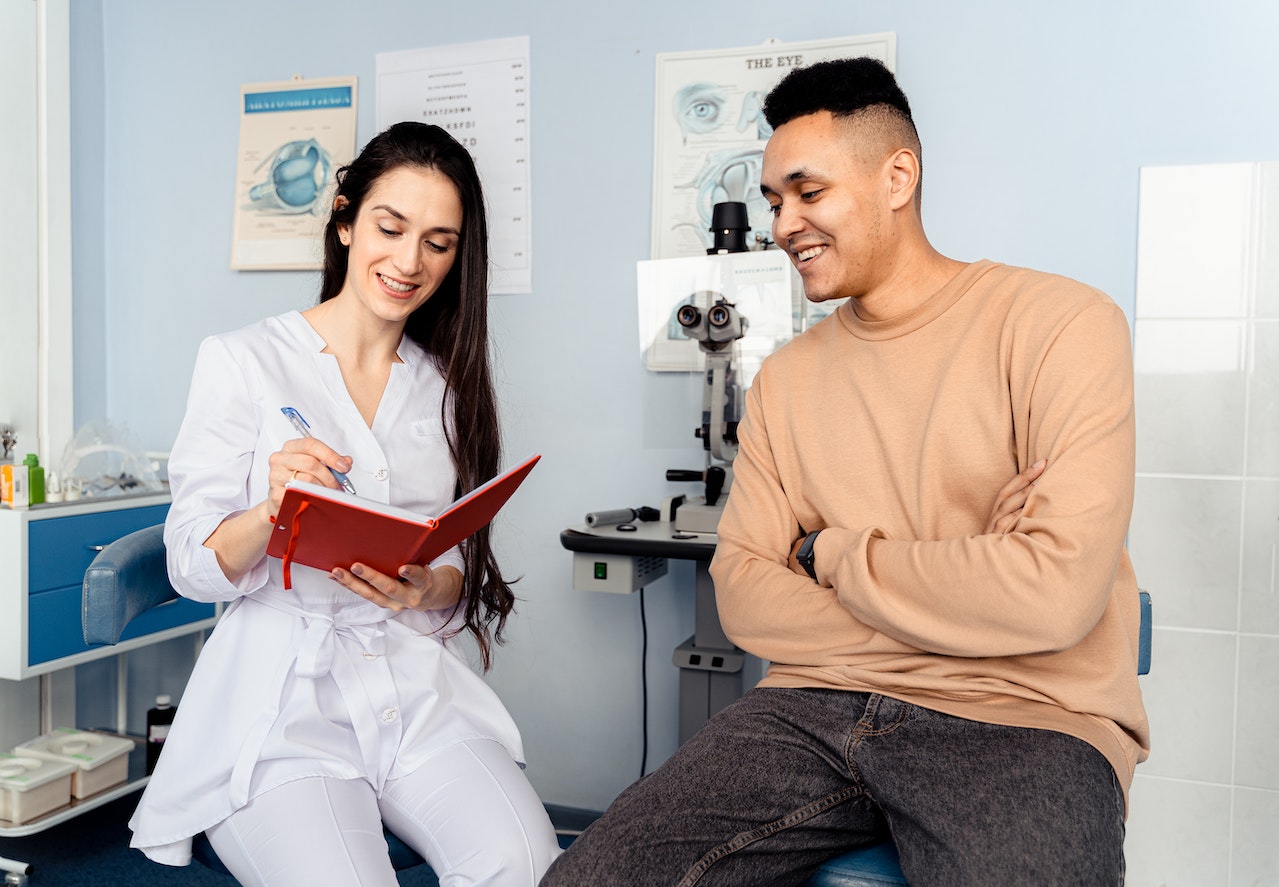
Is Addiction to Opioids A Proven Brain Disease?
Addiction to opioids is often described as a brain disease because it fundamentally alters the way a person's brain functions.
People who are addicted struggle with thoughts, emotions, and behaviors that are affected by their substance use. If your friend or family member has been struggling with opioid addiction, they may have started for a simple reason, like pain relief or relaxation. They might have taken opioids that a doctor prescribed for them. However, over time, their brain becomes increasingly reliant on the drug to feel "normal."
Opioids hijack the brain's reward system, flooding it with feel-good chemicals like dopamine. This creates a high; an intense sense of pleasure.
After increasing regular use, people begin to build a tolerance and need the drug more regularly. if you take the opioids away, a person begins to feel uncomfortable and sometimes painful withdrawal symptoms. This happens because the brain starts to think it needs opioids to function normally.
Tolerance, Opioids and the Brain
As time goes on, a drug user begins to focus more on using the drug. They probably will take more of the drug, and their brain adapts to this constant influx of opioids.
Instead of producing dopamine naturally, the body expects the drug to deliver this chemical to the brain. This leads to a tolerance, where more of the drug is needed to achieve the same effects.
When somebody tries to quit using opioids, their brain goes into distress, causing unbearable withdrawal symptoms. This is when addiction's grip becomes truly apparent. The compulsion to use opioids can overwhelm a person with an opioid use disorder.
Opioid Use Disorder and the Brain
People will continue to use it even when they know it's causing harm to their health, relationships, and life as a whole. It's not a matter of weakness or a lack of willpower; their brain chemistry has been profoundly altered by opioids. This makes it exceedingly difficult to break free from the grasp of their disorder.
This is why we call opioid use disorder a brain disease - because the organ that governs a person's decisions, emotions, and actions has been dramatically affected. Addiction, also called opioid use disorder, requires understanding, compassion, and sometimes medical support to overcome.
Signs of Opioid Use Disorder
Recognizing the symptoms of opioid addiction in a friend or family member can help with early intervention and support. While the signs may vary from person to person, there are some symptoms that can be observed.
- Behavioral Changes: Look for significant changes in a person’s behavior, such as a loss of interest in previously enjoyed activities, neglecting responsibilities at home, work, or school, and withdrawal from social interactions.
- Physical Signs: Opioid addiction can manifest physically with symptoms like pinpoint pupils, drowsiness, nodding off at inappropriate times, itching, and slowed or slurred speech.
- Mood Swings: People struggling with opioid addiction often experience intense mood swings, including irritability, anxiety, depression, and periods of euphoria, depending on when they've used the drug.
- Drug Paraphernalia: They may have baggies with powder around the house, or pill cutters or half-pills in multiple bottles. Other tools may also be around, depending on the method they use to get high.
- Neglect of Appearance: There may be a decline in personal hygiene and grooming, as individuals addicted to opioids often prioritize their substance use over self-care.
- Financial Issues: Opioid addiction can be financially draining. They may experience financial instability. A person may borrow money frequently, sell personal items, or steal to support their habit.
- Social Isolation: Opioid addiction can lead to social withdrawal and isolation. They may distance themselves from friends and family members who express concern or disapproval of their lifestyle.
- Doctor Shopping: Some individuals addicted to opioids engage in "doctor shopping," visiting multiple healthcare providers to obtain multiple prescriptions for opioids.
- Changes in Sleep Patterns: Opioid addiction can disrupt sleep patterns, leading to insomnia or excessive daytime drowsiness.
- Secretive Behavior: Individuals may become secretive about their activities, including where they go and who they associate with, to hide their drug use.
It's important to approach your loved one with empathy and understanding if you suspect they are struggling with opioid addiction. Encourage open communication and offer support in seeking professional help, as addiction is a complex and challenging condition to overcome alone.
What Does Addiction to Opioids Feel Like for the User?
When someone is trapped in the grip of opioid addiction, they often go through an agonizing and bewildering experience that's marked by both physical and emotional turmoil.
Physically, a person may find themselves in a relentless cycle of withdrawal symptoms when they try to cut down or quit using opioids. These symptoms can include muscle aches, severe nausea, vomiting, diarrhea, chills, and sweats. Physical pain and discomfort can become overwhelming, and so can the desire to get high on opioids. This is a profound and desperate experience that can leave a person feeling trapped and powerless.
Getting Help for Opioid Use Disorder
Emotionally, addiction to opioids takes a devastating toll. But the good news is that recovery is possible, even if you've tried before. You're not alone.
Many people find relief through the help of Medication-Assisted Treatment. Get in touch to learn more about how we can help you start the journey to recovery.
If you are in need of help, please call us at: 910-295-7246 or message us.
Categories
opioids Treatment
